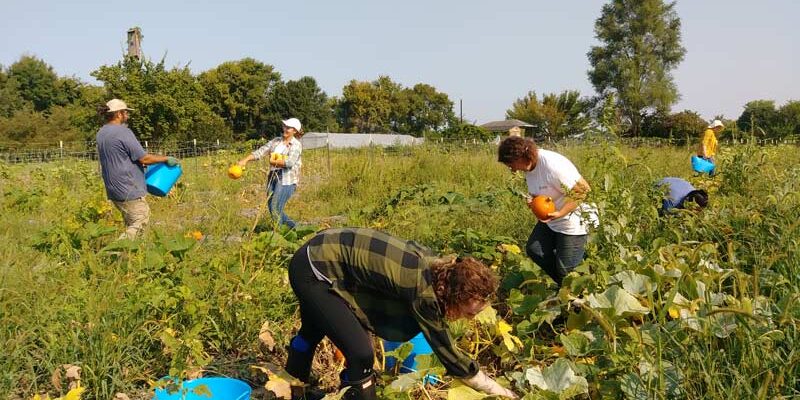Everything is connected – Our Living Planet
Note: We want to share these blogs which we have adapted from “Our Common Home,” a joint initiative of the Dicastery for Promoting Integral Human Development along with the Stockholm Environment Institute (SEI). This is the second in a series of eight blogs.
Laudato Si’ On Care for our Common Home
Our Common Home/SEI: A joint initiative of the Dicastery for Promoting Integral Human Development and the Stockholm Environment Institute (SEI) has produced an excellent guide for caring for our living planet. This guide aims to inform, inspire hope, and stimulate debate and action as it sets out essential facts and solutions on key topics, along with advice on how communities can respond.

Our Living Planet (adapted from Our Common Home/SEI)
“Because all creatures are connected, each must be cherished with love and respect.” Laudato Si’ (42)
Industrialization, mass consumption and transformations in agriculture have brought the living world to a crisis point.
We have caused an ongoing mass extinction of species, from mammals down to the smallest plants and bacteria.
It’s urgent to change course and safeguard those wild ecosystems that remain and revive those that have been degraded.
They are the basis of our survival and well-being.
Biodiversity: The Foundation for Human Survival and Progress
Healthy ecosystems regulate the climate, supply clean water, provide medicines, clean up pollution, pollinate our crops, and provide vital natural resources.
Countless livelihoods directly depend on the services ecosystems provide.
Nature is a priceless source of inspiration for art and learning, as well as for cultural and spiritual experiences.
Yet as industry, agriculture and fisheries reach farther into once wild landscapes, such as forests, wetlands and seas, they are destroying the richness of the living world.

Since 1970, Global Wildlife Populations have Declined by Two-Thirds
In the same period, plant and animal life in freshwater has fallen by 83 percent. Bees and other pollinators are in serious decline, directly threatening supplies of important staple foods, fruits and vegetables.
Without action on climate and deforestation, the Amazon rainforest could collapse into a dry and scrubby landscape within 50 years.
Our soil is also under serious threat: Without biodiversity in soils, the ecosystems they support cannot survive.
Healthy ecosystems also protect against the impacts of climate change, such as extreme heat and storm surges.
What Needs to Change?
With immediate action to conserve and restore ecosystems, we can reverse the damage to nature. We need to protect and restore habitats on land and at sea.
The land rights of local and indigenous peoples, who have deep and diverse knowledge on the wise use of nature resources, must be strengthened.
We need to change how we produce and consume food. Restorative agricultural practices can both provide a haven for nature and help tackle climate change.
Eating less meat and dairy and cutting food waste will reduce pressure on ecosystems. And tackling the climate crisis will also prevent further loss of biodiversity.


